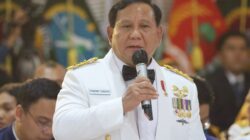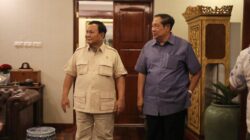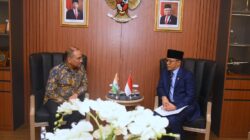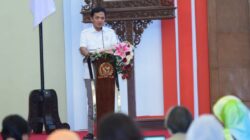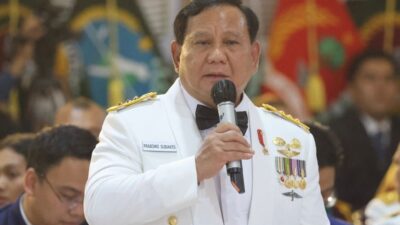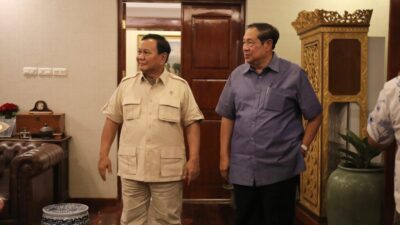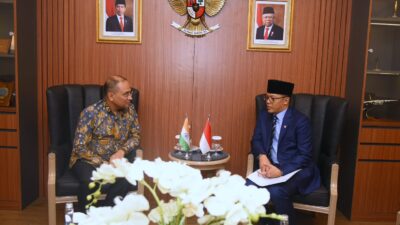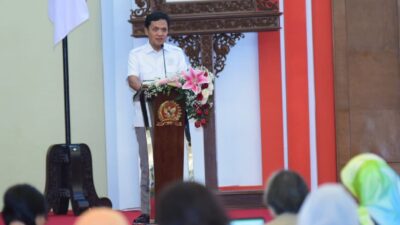Prabowo Mania Engages Millennials to Win Prabowo-Gibran in Indonesia
In the political realm of Indonesia, the upcoming 2024 presidential election has already created a whirlwind of discussions and debates. One recent development worth noting is the growing support for the potential Prabowo Subianto-Gibran Rakabuming Raka presidential ticket. To maximize their chances of victory, the Prabowo camp has intensified efforts to engage millennials, who make up a significant portion of the voting population in the country.
Prabowo Subianto, a former army general and founder of the Great Indonesia Movement Party (Gerindra), contested the previous two presidential elections in 2014 and 2019. Although he was unsuccessful in securing the presidency, Subianto garnered a substantial number of votes and built a significant following, popularly known as “Prabowo Mania.” These dedicated supporters have remained loyal despite the electoral setbacks, and now they are gearing up for the 2024 electoral battle with a new alliance.
Enter Gibran Rakabuming Raka, the son of current Indonesian President Joko Widodo (Jokowi). Gibran gained notoriety in recent years as the owner of the renowned Solo-based restaurant, Omah Sinten. His business endeavors and close relationship with his father have made him a prominent figure in Indonesian politics. Gibran’s potential selection as the vice presidential candidate on Prabowo’s ticket has generated substantial buzz and anticipation among political observers and the general public alike.
The inclusion of Gibran on the ticket enhances the potential appeal to younger voters, particularly those of the millennial generation. This demographic represents a significant force in Indonesian politics, with high levels of political engagement and digital connectivity. Recognizing this, the Prabowo camp has taken steps to engage millennials actively and cultivate their support for the Prabowo-Gibran alliance.
One crucial strategy employed by Prabowo Mania to win over millennials is the use of social media platforms. The digital space serves as a powerful tool for disseminating political messages, with the potential to reach millions of young voters. Prabowo Mania has a substantial presence on social media platforms, particularly Twitter, Instagram, and YouTube. They utilize these channels to share news, policy initiatives, and campaign updates related to the Prabowo-Gibran alliance. By doing so, they encourage dialogue and participation from supporters, fostering a sense of community and belonging.
Another noteworthy aspect of Prabowo Mania’s engagement with millennials is their emphasis on transparency and inclusivity. The Prabowo-Gibran alliance aims to involve young people in decision-making processes and policymaking discussions. Regular town hall meetings and online forums are organized, allowing millennials to share their concerns, aspirations, and ideas. This inclusive approach seeks to create a sense of ownership and involvement among young voters, fostering a lasting bond with the Prabowo camp.
Furthermore, Prabowo Mania recognizes the influence of influencers and digital content creators in shaping public opinion, particularly among millennials. They have collaborated with popular social media influencers and celebrities to amplify their message and reach a broader audience. These online personalities use their platforms to advocate for the Prabowo-Gibran alliance, sharing personal endorsements, campaign materials, and engaging in discussions with their followers.
As the 2024 presidential election approaches, the Prabowo-Gibran ticket seems to be gaining momentum, especially among millennials. Prabowo Mania’s targeted engagement strategies are proving effective in capturing the attention and support of young voters, cementing the alliance’s popularity. With the collective efforts of Prabowo Mania, Prabowo Subianto, and Gibran Rakabuming Raka, the 2024 election might mark a significant turning point in Indonesian politics.


